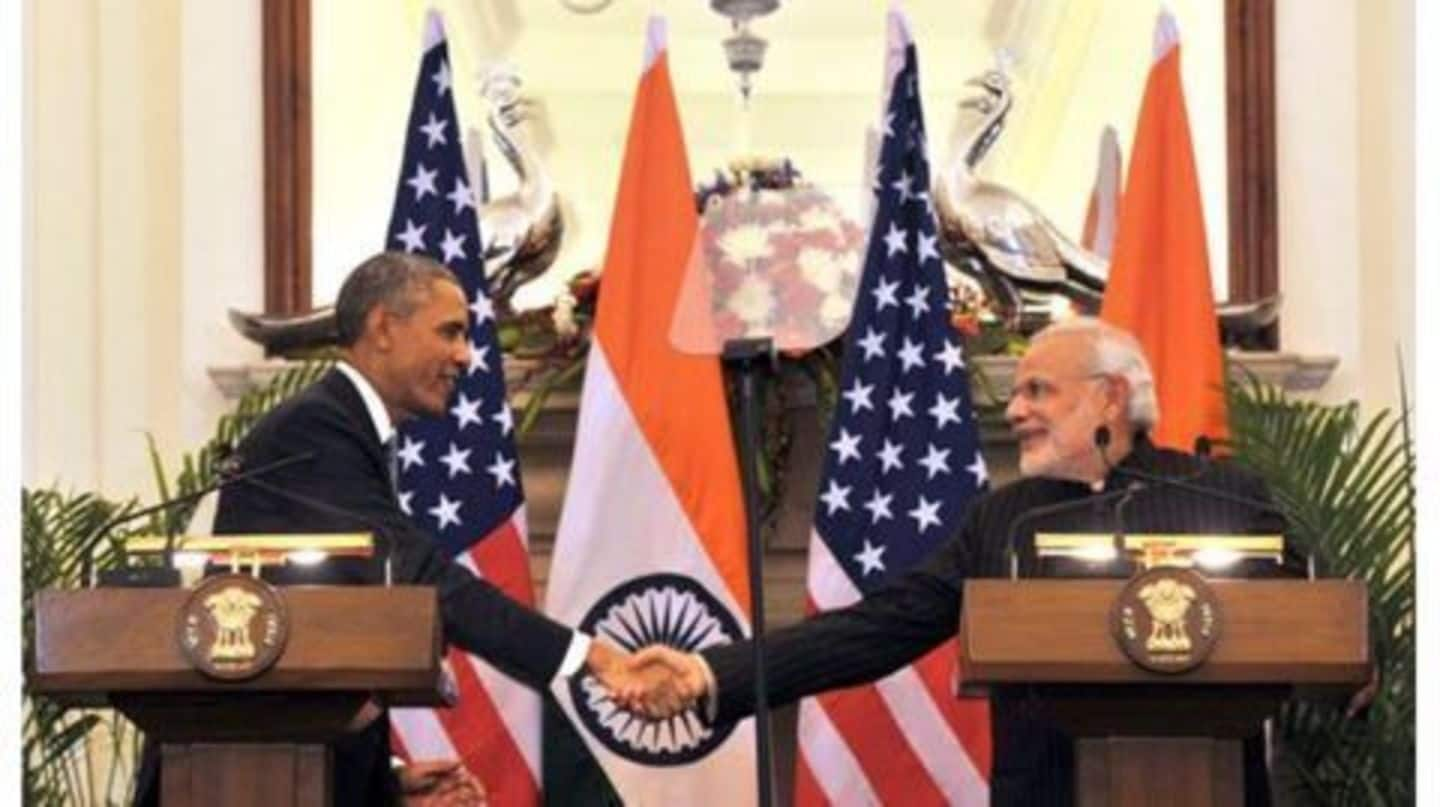
India, US agree on a $30 million Energy-Storage Research Initiative
What's the story
India and the US have pushed for a $30 million public-private, 5 year joint research initiative on smart grid and energy storage technology.
It will provide resources for a 4th consortium under PACE-R that puts focus on smart-grid and energy storage for grid applications.
The new consortium is expected to be officially established after an award selection is made in 2017.
Information
India's renewable energy targets by the year 2022
According to the Union Ministry of New and Renewable Energy, India's renewable energy target is 175GW by 2022. Out of the target capacity, 100 GW would be from solar power, 60 GW from wind, 10 GW from biomass and 5 GW from small hydro power.
Initiative
Partnership to Advance Clean Energy (PACE)
In 2009, the US and India launched the Partnership to Advance Clean Energy to support research and deployment of clean energy.
PACE is the core mechanism of bilateral energy research and development collaboration between the 2 countries.
In order to expand this joint initiative after its launch, three main areas of activity have come up: Research (PACE-R), Deployment (PACE-D) and Off-Grid Energy Access. (PEACE).
PACE Component
PACE- Research
In 2012, US and India decided to expand the initiative and jointly formed PACE- Research.
They committed to fund PACE-R with a combined $50 million in government funding over 5 years and launched 3 initial research consortia, one focusing on solar energy, one on energy efficiency in buildings, and one on next-generation biofuels.
This would form the fourth consortium under PACE-R.
Information
Agreement Details
Under the US-India (PACE-R), the US Energy Department and the Indian Ministry of Science and Technology will each commit $1.5 million every year for 5 years to expand research effort which will be subject to congressional appropriations.
The private sectors of both countries will match the commitments made by their governments, resulting in a combined $30 million public-private research-investment over the next 5 years.
Quote
Smart grid and storage technology
According to US Secretary of Energy, Ernest Moniz, "Smart grid storage technology will transform electricity production and consumption which has the potential to decrease carbon pollution by scaling-up renewable energy deployment and accelerate solutions to reduce technology costs, improve grid-resilience and reliability in both countries."